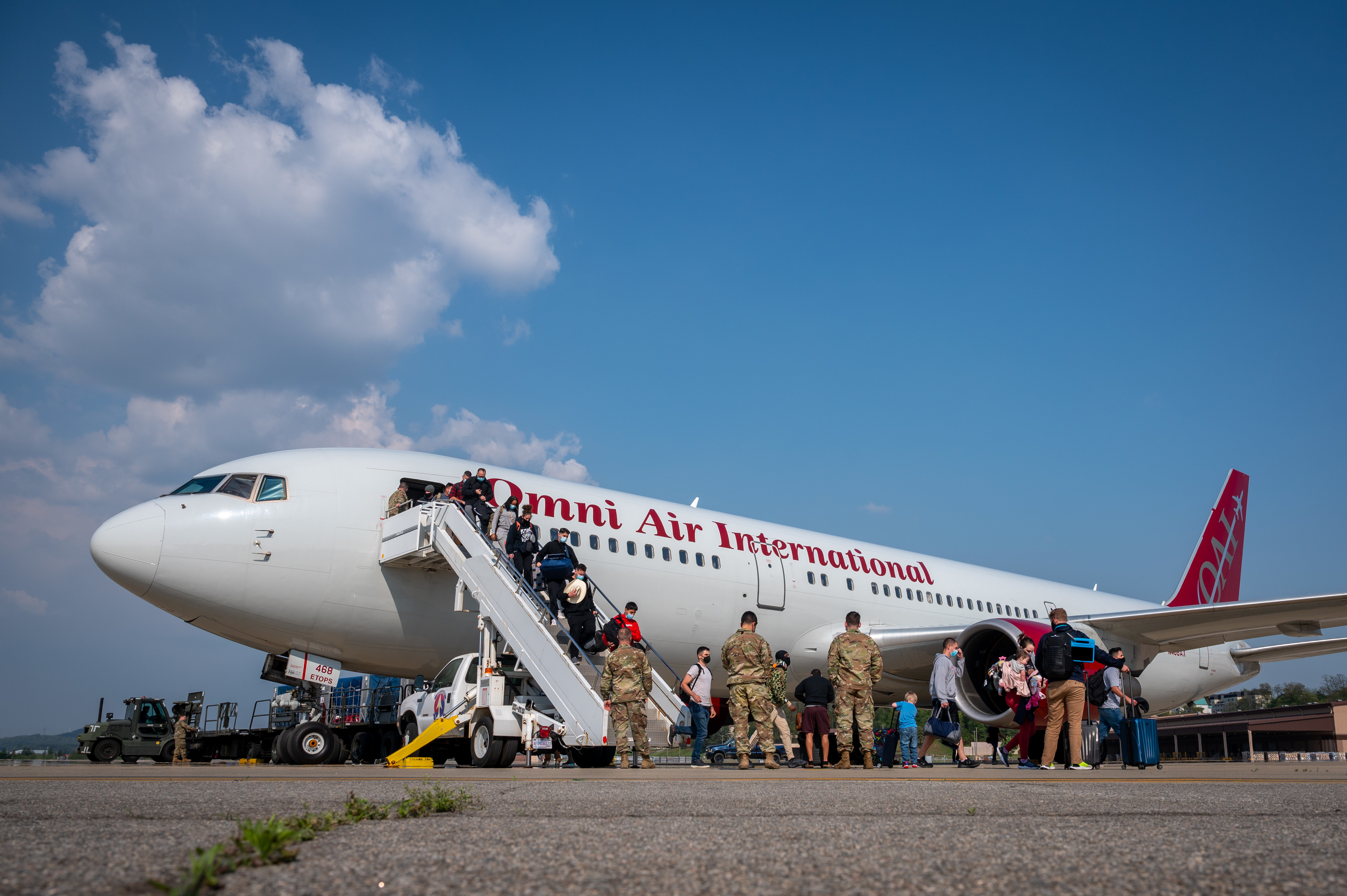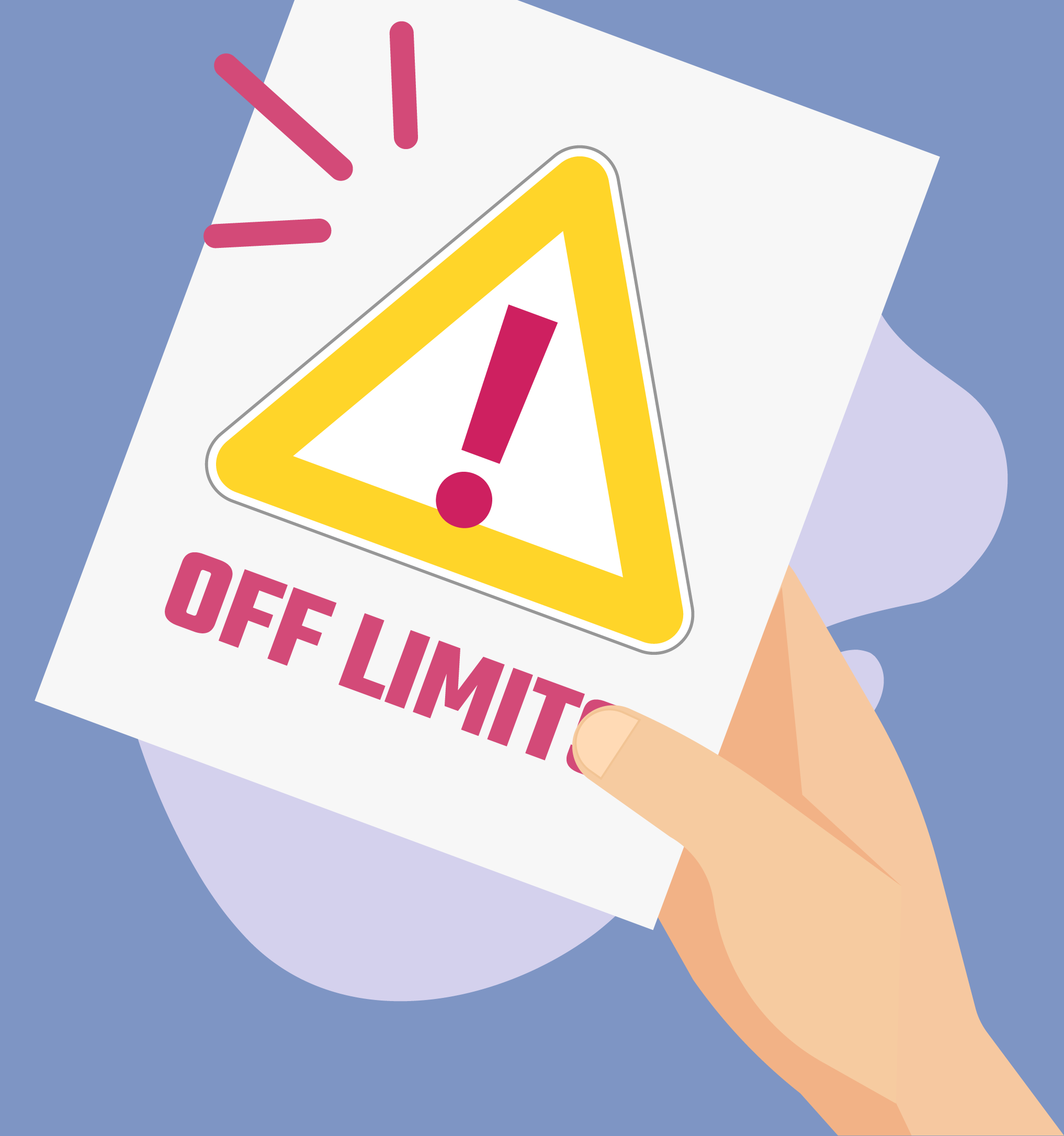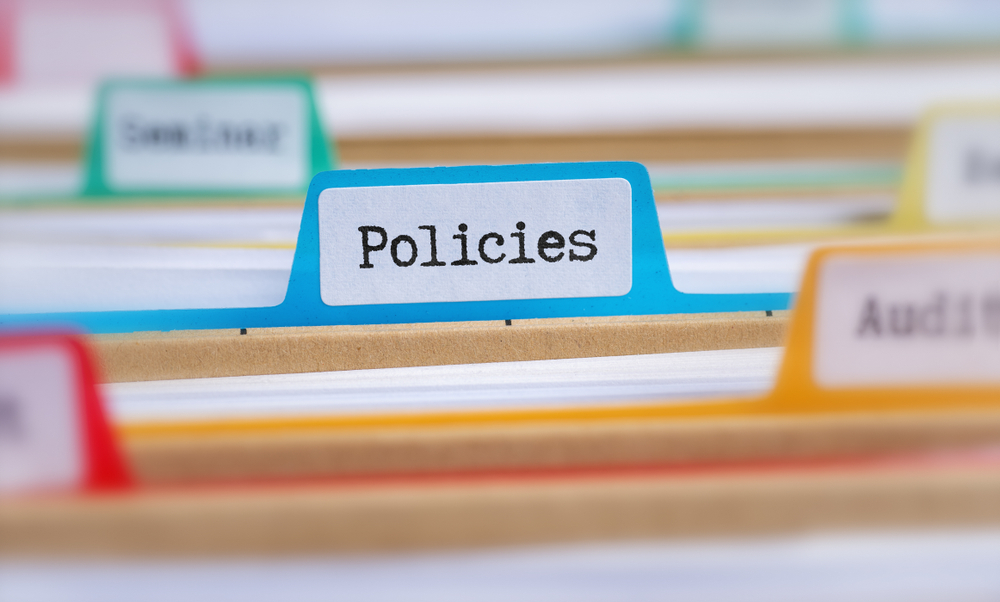
First time traveling to Korea? Visiting family or PCSing? Find all you need to know PRIOR to your arrival in country.

Wonder what it would be like to live in Korea? Curious on what there is to offer for your family? Information about

Collection of USFK digital media, such as photos, videos, podcasts and other experiences.

Holiday schedule for the USFK community for 2022.

Wonder what it would be like to live in Korea? Curious on what there is to offer for your family? Information about

Wonder what it would be like to live in Korea? Curious on what there is to offer for your family? Information about